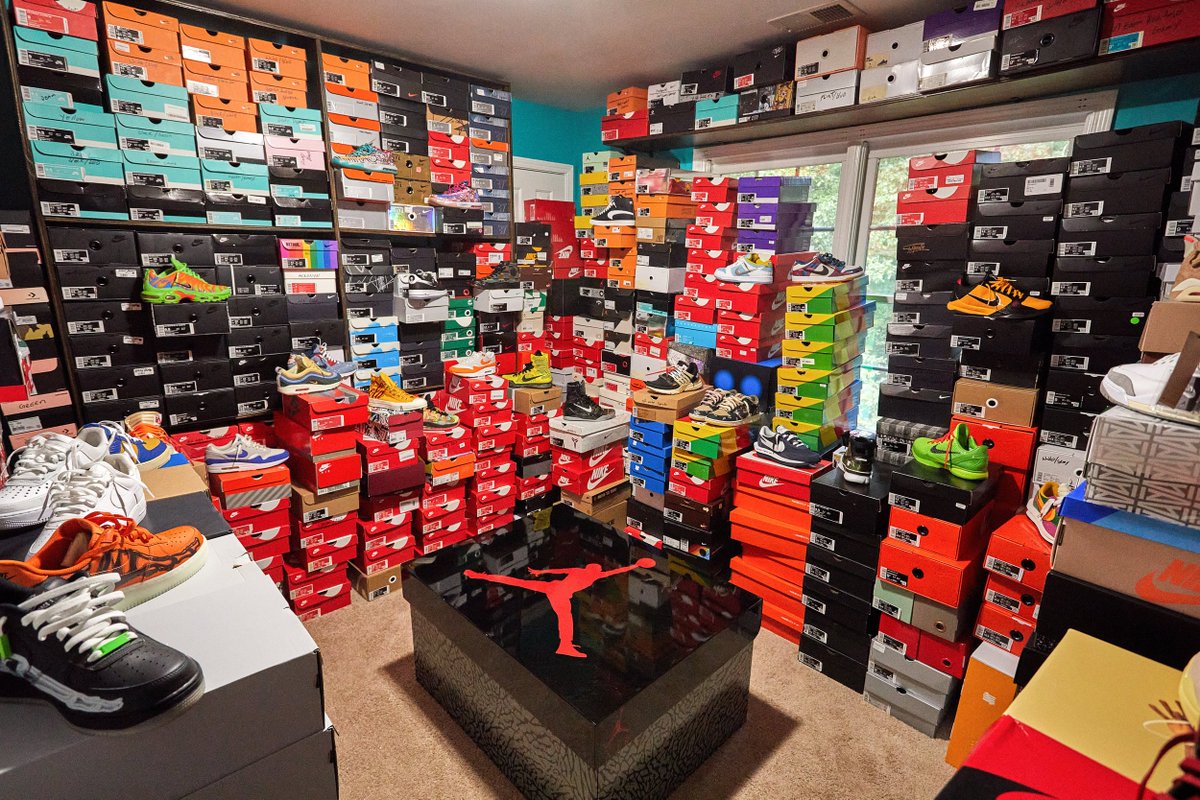
SPECIAL REPORT: To build electric cars, manufacturers need to mine nickel.
To dig up more nickel, a mining company plans to bulldoze a section of pristine rainforest.
The “ethical dilemma” of when promising tech results in environmental harm:
nbcnews.to/3GklH6u
To dig up more nickel, a mining company plans to bulldoze a section of pristine rainforest.
The “ethical dilemma” of when promising tech results in environmental harm:
nbcnews.to/3GklH6u
A nickel mine stretching nearly 4 square miles scars a rainforest in Palawan, Philippines.
The mine, Rio Tuba, plays a vital role in satisfying the global demand for a mineral more coveted than ever due in part to the explosion of the electric car industry.
The mine, Rio Tuba, plays a vital role in satisfying the global demand for a mineral more coveted than ever due in part to the explosion of the electric car industry.
The raw nickel dug out of the ground here ends up in the lithium batteries of plug-in vehicles manufactured by Tesla, Toyota and other automakers, according to an @NBCNews review of company filings and shipping records.
With the demand for nickel skyrocketing, the mine is now on the brink of expanding deeper into the rainforest, adding almost 10 square miles to its footprint.
Local environmentalists fear that it will wipe out the forest’s fragile ecosystem.
nbcnews.to/3GklH6u
Local environmentalists fear that it will wipe out the forest’s fragile ecosystem.
nbcnews.to/3GklH6u
The situation in Palawan raises a vexing question, experts say: To what extent is reducing carbon emissions through battery technology worth the damage it inflicts on the environment?
nbcnews.to/3GklH6u
Published in partnership with @Rainforest_RIN.
nbcnews.to/3GklH6u
Published in partnership with @Rainforest_RIN.
• • •
Missing some Tweet in this thread? You can try to
force a refresh







